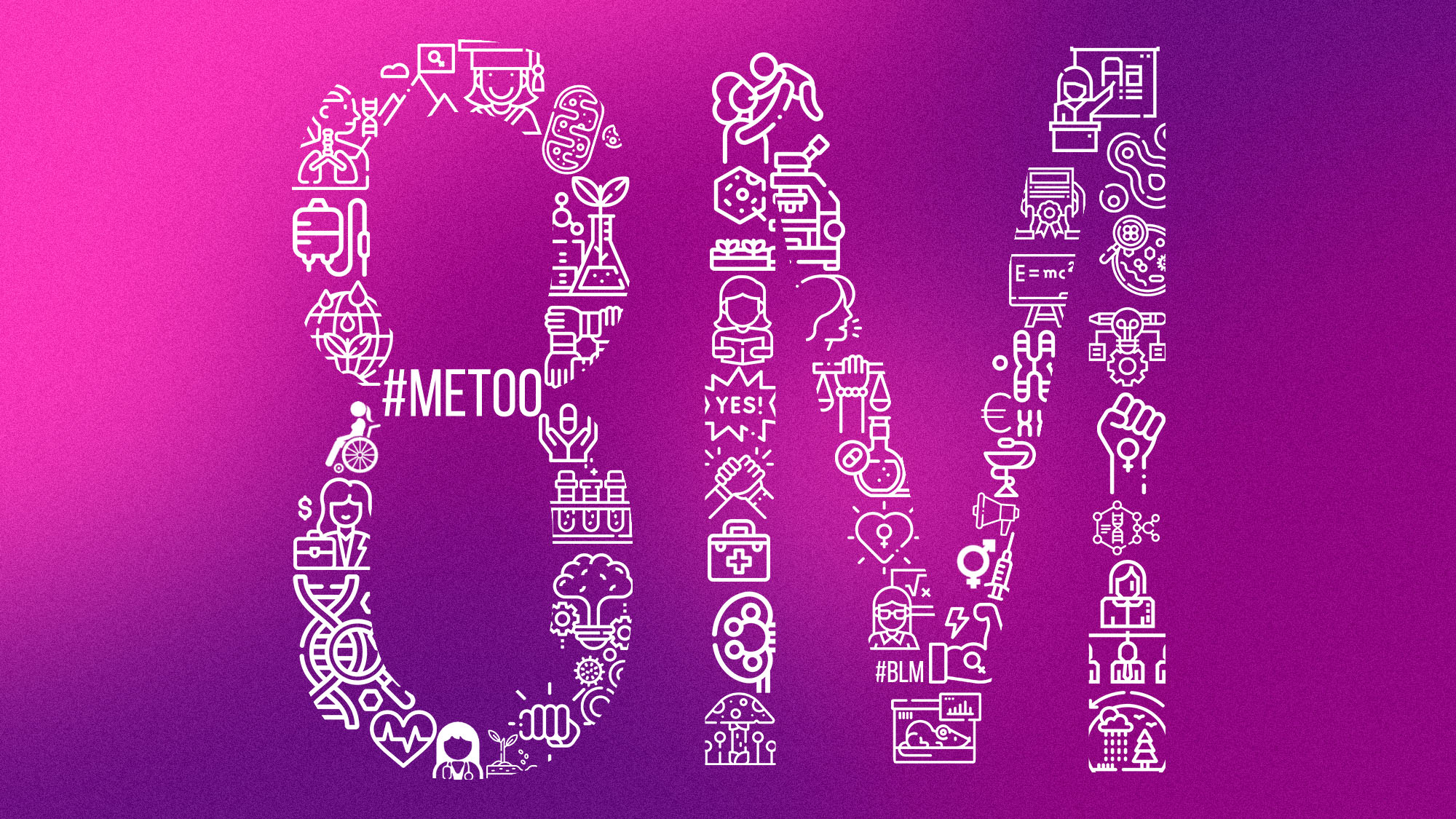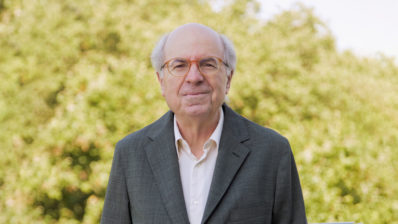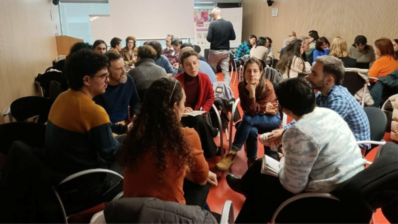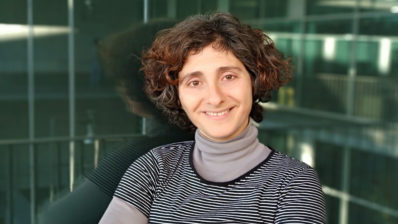Unconscious bias – prejudging people because of their gender, race, sexuality, etc. – is part of us all. It serves a purpose, too: clustering ‘similar’ people into groups helps us deal with a sea of information in a more efficient way so we can take decisions quicker. The downside is, of course, it often leads to wrong decisions and to unfair discrimination in all aspects of our life, be it when deciding who to hire, or who to hang out with.
That’s why the Equality, Diversity and Inclusion Committee of the Barcelona Biomedical Research Park (PRBB) has organised a talk next Thursday March 11 at 11’30h with gender expert Lidia Arroyo to tackle unconscious bias; what it is, and how to deal with it. We also encourage everyone to take the Implicit Association Test from Harvard University prior to the talk, to check your own biases.

We are only as blind as we want to be
But even though realising we are unconsciously biased is a first step in the right direction, we should beware not to use it as an excuse. It would be easy to say that, precisely because it is unconscious, this bias is ‘inevitable’ and therefore ‘not our fault’. We cannot fall into that fallacy: whose fault is it, then, if not from each and every one of us?
And to what point are these biases really unconscious? Ample evidence of their existence has been collected over the years, and nowadays we have all heard about them – so we are, actually, conscious of them.
“Realising we are unconsciously biased is a first step in the right direction, but we should beware not to use it as an excuse”
Perhaps these ‘implicit’ biases are sometimes hiding ‘explicit’ – and even intentional – biases that persist, in us as individuals, in the academic culture and in society in general. Perhaps, in the words of writer and activist Maya Angelou, “we are only as blind as we want to be”.
It’s the system
We’ve always known (unconsciously and consciously) that it doesn’t add up. We’ve been celebrating 8M for more than a century. A hundred years demanding ad nauseam a change, a move to a more equalitarian society: same pay for men and women, same opportunities and same treatment for everyone irrespective of their sex and gender. In the workplace – and academia is not an exception -, we hear voices saying diversity enriches our experience, and calling for actions that break the glass ceiling that prevents women reaching the upper steps of the ladder. Yet, the system is such that this seems a David vs Goliath battle.
From daily microagressions (which sometimes may pass unnoticed even to the victim, unless you are wearing your gender glasses), to flagrant cases, there is so much to cry out for. A few years ago the #metoo movement took society by storm worldwide. In the scientific arena, this last 11F the documentary Picture a scientist – featuring 3 female scientists and their fight against sexism in science – was the spark of many debates and round tables.
But gender inequality cannot be separated from those affecting race, sexuality, disability… The #metoo and the #BLM fights are one at their core. And the different dimensions of a person are interlinked in a way that makes discrimination exponential. We no longer can make do with our gender glasses. We need our intersectionality glasses to look at how the combination of gender, ethnicity, sexual identity, religion, or even physical appearance may affect how we are seen and how we are treated.
Gender inequality cannot be separated from those affecting race, sexuality, disability… They are the same fight. We no longer can make do with our gender glasses, we need our intersectional glasses.
All these inequalities are so engrained in the system – be that system Hollywood, the police or world-respected universities – that sometimes it seems a losing battle. And the current coronavirus pandemic has made more evident these systemic inequalities: the health and economic crisis has broadened the economic, racial, and gender divides in society. In science the crisis has disproportionally affected the work of researchers who are mothers – or fathers with childcare responsibilities.
Time’s up: #ChooseToChallenge
Slowly but surely, we’re starting to see women in strong leadership roles in our immediate environment. Edith Heard is the 5th general director of European Molecular Biology Laboratory (EMBL) and the first woman to have that role in 45 years of history of the institution. Barcelona Institute for Global Health (ISGlobal) has, also for the first time, a woman as the scientific director, Denise Naniche.
Could these examples be part of a seed for change? I believe (I have to) that they can, that we can advance towards a different, more diverse leadership culture. But we need everyone on board. We need men to think that days like the 8M are actually relevant to them, too, and to get involved; because more gender equity would be beneficial for all.
We need everyone on board: to change from passive to active, from observers to allies.
The time has come to be blunt. We need to change from passive to active; from observers to allies. We need to wear our intersectional glasses all the time.
From the PRBB EDI committee we call on you – on ALL of you – to become allies, to #ChooseToChallenge gender stereotypes in science, to speak out. If there ever was a good time to do this, it is now.







